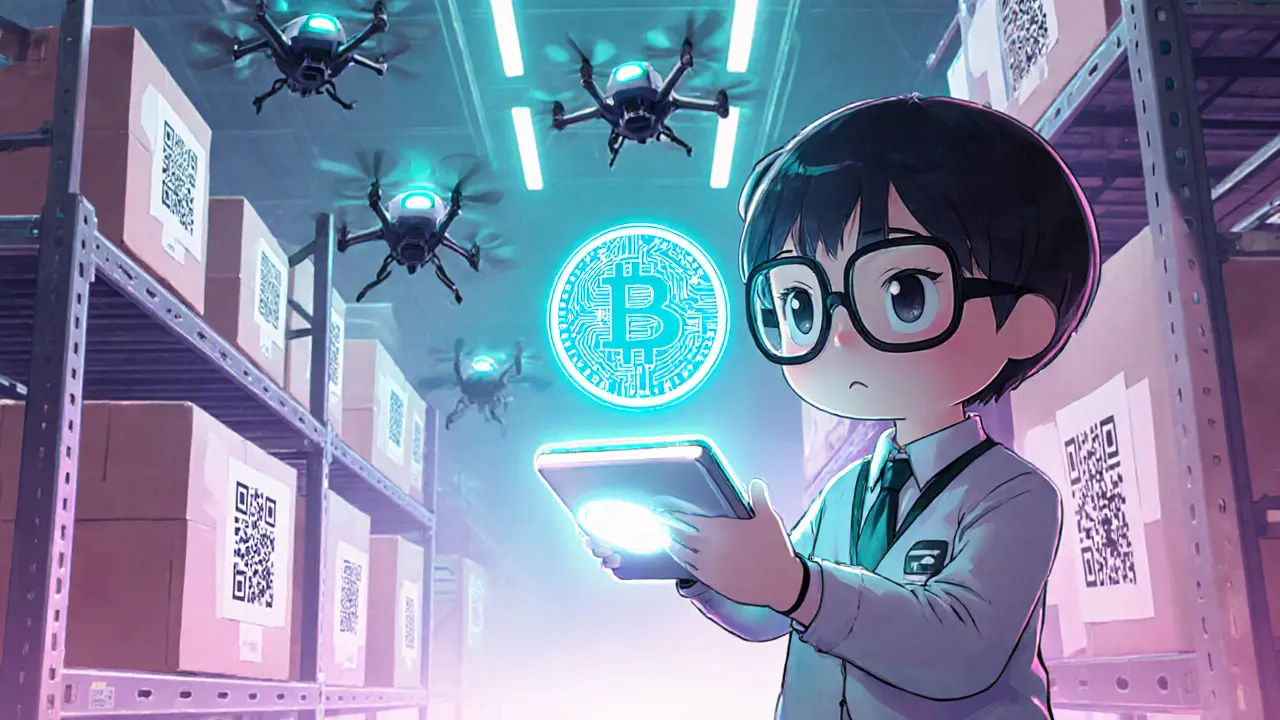Blockchain – All You Need to Know
When working with blockchain, a decentralized digital ledger that securely records transactions across a network of computers. Also known as distributed ledger technology, it provides immutability, transparency, and trust without a central authority, you’re dealing with a system that encompasses decentralization. This decentralization, the distribution of control and verification across many nodes improves transparency because no single party can rewrite the history. In turn, smart contracts, self‑executing code that runs on a blockchain when predefined conditions are met enable automation of agreements, meaning the technology enables smart contracts that cut out intermediaries. The third pillar, immutability, the permanent, unchangeable record of data once it’s added to the chain, builds trust for users and regulators alike, as each transaction is cryptographically sealed. Together these elements form a foundation that powers everything from crypto payments to supply‑chain tracking.
Why Blockchain Matters in Today’s Crypto Landscape
The rise of blockchain has forced governments and businesses to rethink compliance. Anti‑money‑laundering (AML) frameworks now incorporate blockchain analytics to trace illicit flows, which means the technology influences AML strategies. Articles in our collection discuss how AI‑driven monitoring, real‑time transaction screening, and regulatory sandboxes are reshaping compliance. At the same time, new regulations like the EU’s MiCA and the U.S. FinCEN registration rules are targeting exchanges and token issuers, pushing them to embed KYC and reporting tools directly into their platforms. This regulatory push creates a feedback loop: as blockchain becomes more transparent, regulators gain confidence, which in turn fuels broader adoption across finance, gaming, and even public‑sector voting.
Beyond compliance, blockchain’s core traits drive real‑world use cases. Decentralized finance (DeFi) leverages smart contracts to offer yield farming, lending, and synthetic assets without banks. Supply‑chain firms use immutable ledgers to certify product origin, reducing fraud in food safety and luxury goods. Governments experiment with blockchain‑based identity systems to give citizens secure, portable digital IDs. Each of these scenarios illustrates how blockchain connects decentralization, smart contracts, and immutability to solve concrete problems, making the technology a versatile tool for innovators worldwide.
Below you’ll find a hand‑picked set of DEX Circle articles that dive deeper into these themes. Whether you’re curious about the latest AML trends, want to compare European crypto regulations, or are looking for a step‑by‑step guide to a new airdrop, our tags gather the most relevant insights in one place. Browse the list to see how blockchain continues to reshape finance, security, and everyday life – and pick up actionable tips that you can start using today.





